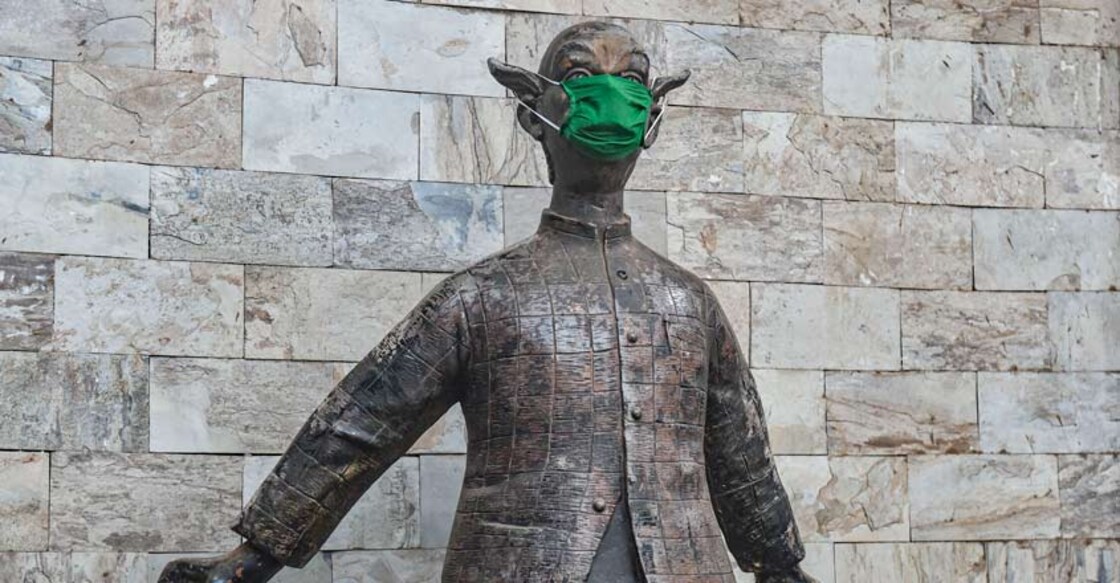Nationwide lockdown: Check out Centre's guidelines

Mail This Article
Prime Minister Narendra Modi on Tuesday announced a nation-wide lockdown for 21 days, starting midnight, as part of the measures to combat the COVID-19 pandemic.
The Union home ministry has issued detailed guidelines to be followed during the lockdown. Here are the key points:
Offices shut down
Central and state government offices, including autonomous, subordinate and public corporations, should be closed.
However, defence, central armed police forces, treasury, public utilities (petroleum, CNG, LPG, PNG), disaster management, power generation, post offices, national informatics centre and early warning agencies, are exempted from this.
Hospitals and related medical establishments in public and private sector should remain operational. Transportation for all medical personnel, nurses, paramedical staff and other support staff should be permitted.
Commercial establishments
Commercial and private establishments shall be closed down. However, the following can remain open:
• Shops selling food, groceries, fruits and vegetables, dairy, milk booths, meat and fish and animal fodder.
• Banks, insurance offices, ATMs
Print and electronic media
• Telecommunications, internet services, broadcasting and cable services.
• Delivery of all essential goods including food, pharmaceuticals, medical equipment through e-commerce.
• Petrol pumps, LPG, petroleum and gas retail and storage outlets.
• Power generation, transmission and distribution
• Capital and debt market services as notified by SEBI
• Cold storage and warehousing services
• Private security services
Industrial establishments
Industrial establishments will remain closed. However, manufacturing units of essential commodities, and production units which requires continuous process are allowed to function. The latter needs permission from state government.
Transportation
All public transport facilities (road, water and air) will be suspended.
Transportation of essential goods, vehicles for fire services, law and order and emergency services have been exempted.
Hospitality
Hospitality establishments also have to remain closed.
• Hotels, homestays, lodges and motels accommodating tourists and persons stranded due to the lockdown, medical and emergency staff, air and sea crew have been exempted.
• Establishments used/earmarked for quarantine facilities have to remain open.
Institutions/events closed
• All educational, training, research, coaching institutions
• All places of worship for public
• All social, political, sports, entertainment, academic, cultural, religious functions
• Not more than 20 people are allowed to gather for funerals.
Offences and punishments
Those who obstruct duty of state or central government employees may invite punishment under Disaster Management Act. The punishment could be jail up to one year. In cases causing loss of life or imminent danger offences can invite jail up to two years.
Making false claims to obtain relief, aid or benefit on account of the disaster is also punishable.
Misappropriation of money or materials meant for providing relief and making or circulating a false alarm or warning on the disaster are also counted as offences.
Officers who ceases or refuses to perform or withdraws himself from duties without permission during the lockdown would be punished too.


